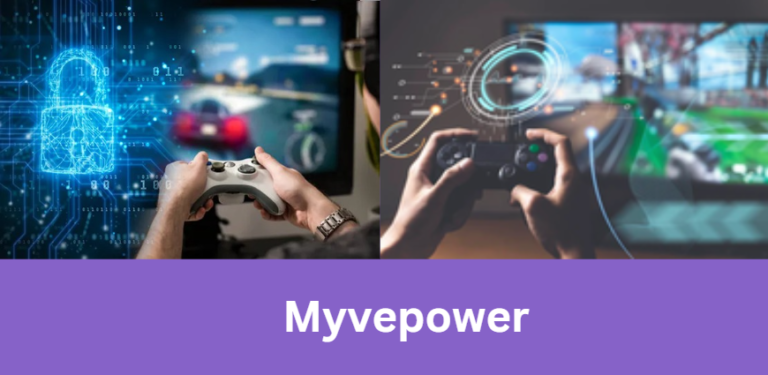Childhood trauma can lead to emotional, psychological, or physical issues as an adult. It can impact the developing brain and how people relate to others and themselves. Here are some of the impacts of trauma on adults if it is left untreated by a psychotherapist:
Contents
Anxiety and Fear
Childhood trauma can lead to increased anxiety, fear, and other psychological symptoms like depression later on in life. Some forms of stress, like acute stress disorder (ASD), can cause extreme symptoms in the first month after trauma events take place. This can lead to a diagnosis of post-traumatic stress disorder (PTSD) as an adult, or other stress-related conditions. Adults with trauma caused during childhood may fear socializing with others and bottle up emotions.
Dysfunctional Relationships
Untreated trauma may impair an individual’s ability to form and maintain healthy relationships with their family and social networks. They may have difficulty trusting people due to past instability or betrayal. Childhood events may lead to the fear of rejection. As an adult, people with trauma may become leery of partnerships. They may find that forming long-lasting, loving relationships is very difficult.
Effects on Physical Health
Traumatized children adopt coping strategies such as art or substance abuse. While activities related to art are laudable, those who undergo substance abuse will suffer from addiction and self-destruction. Those who get empathetic support are more capable of emotional regulation and resilience.
Factors such as adverse childhood experiences (ACEs) can lead to increased risk of chronic diseases, including diabetes, heart disease, and autoimmune disorders. If the body’s stress response is elevated, health conditions can worsen. It also suppresses immunity, increases susceptibility to illness, and causes inflammation over time.
Other Psychological Effects
Trauma deeply influences one’s sense of identity and place in the world. Children feel worthless and ashamed in threatening or unpredictable situations. As adolescents grow older, their internalization of these feelings undermines self-esteem, become depressed and anxiety. Trauma may also cause recurring flashbacks, nightmares, and intrusive thoughts. With the right kind of support, the person can start to heal and recover a more positive sense of identity.
Low Cognition
Children with complex trauma histories can have problems thinking clearly, reasoning, and problem solving. When they become adults, it might become difficult for them to plan ahead, anticipate the future, and take appropriate action during certain events. When children grow up under conditions of constant threat, all their internal resources go toward survival. That means they may run or become aggressive when dealing with problems or an altercation instead of finding resolutions.
Heal From Childhood Trauma
Healing from trauma is accomplished with compassion and support, under the guidance of a psychotherapist. In such a way, the writing of your life story could just possibly get rewritten by acknowledging the trauma, therapy, and joining of support groups. Healing does not happen easily, but believing in yourself and seeking support among friends and family, it can help you get overcome the past. Take the first step toward healing and choose a psychotherapist who can help.



















+ There are no comments
Add yours